My Weeds are Garden-y
Enter August: Weod-monaþ, the 4th Turning, and What the Readers Want (Hint: It's Photos!)
Weeding the Garden/ Gardening the Weeds
If there was local demand for purslane, we’d be primed to supply it. There are a couple areas of the garden in which it’s the most successful (accidental) crop. It’s a lovely succulent, grows rapidly & voraciously throughout the entire growing season, and is easy to uproot. There are plenty of foraging articles online that have instructions for preserving purslane, and that tout the nutritional benefits of this edible “weed.” We’ve eaten it fresh in salads and the taste is… fine. If we were thrown into a crisis subsistence, the purslane in the yard would be a key to preventing vitamin deficiencies. But we just don’t love it enough to allocate planned space in the garden to purslane cultivation. And while I may attempt to preserve a small amount of it, I’ll continue to yank out and compost or burn most of it for the foreseeable future. Eating too much of it raw can lead to kidney stones anyway, due to its high oxalic acid content. If you disagree, though, I’m open to trying out your family’s purslane recipe!
There are, of course, other weeds that could easily overtake the garden beds, for which I feel no guilt in their destruction: hogweed (toxic, invasive), crabgrass (so much crabgrass), dandelion (yes, also edible, but probably not necessary to have a giant forest of it like we do), burnweed, and groundsel. August is their month of glory. But so it has always been, and that connects us to generations of humans who have spent this time of Earth’s trip around the Sun fighting against the Month of Weeds (in Anglo-Saxon, Weod-monaþ) in order to maximize our harvest.
The Endless Struggle…beyond weeding
Speaking of generations, the cycle of time, and earthly struggle, I binge-listened to the audio version of Neil Howe’s new book, The Fourth Turning is Here (read by the author) and it’s amazing. If you enjoy history and theories through which to make sense of cultural movements, I highly recommend reading it. Howe notes in the book that humans are not really broken by hardship, but by hardship without purpose, and that, along with community support, is the reason we can persevere through difficult times. If you’re unfamiliar with his previous book, Generations, The History of America’s Future, co-authored with William Strauss (now deceased), that introduced their generational cycle macro-theory, allow me to explain sum up:
Since early modern times (late 16th century), there has been a repeating pattern of sociological behaviors that can be identified for generations of people, beginning in England and continuing in the English colonies through to the present day United States. So these are not the generations used by marketers & memes, though there is overlap.
These sociological patterns have repeated enough times to become identifiable and predictable, even as immigration patterns changed & the country expanded. The 4 generational archetypes of roughly 17-23 years each add up to comprise the span of 1 long human life. As each archetype enters a different phases of life, the milieu formed by shifts in governmental control, education & views of childhood, popular culture, family relationships, & level of engagement in world conflicts will swing like the proverbial pendulum.
Under this system of classification, equivalent archetypal generations would include the Missionary Generation (born 1860-1882) & the Baby Boomers, the Lost Generation of WWI & Gen X, the G.I. or Greatest Generation & Millennials, and the Silent Generation of the Korean Conflict & Gen Z/ Zoomers/ Gen Alpha/ whatever their final name will be.
What we may think of lately as more rapid or shortening shifts between generations are really just 1st/ 2nd/ 3rd waves of the larger generations; for instance, Millennials would encompass 2005 as their last birth year. This makes sense to me when I think of my own children’s birth years between 2003-2011, and recall the societal shifts of those years and the peer personalities of their cohorts. (I’ve worked in pediatrics for nearly 30 years; I have lots of opinions on birth cohorts.)
The equivalence of a particular generation with its predecessors is drawn from differences seen in levels of civic engagement, group cohesion vs the primacy of the individual, shifting levels of protectionism vs laissez faire attitudes in childrearing and the indelible mark of how they were parented on each generation (eg. the generation of “latchkey kids” generally became highly engaged “helicopter parents” distrustful of other adults in authority over their children). The subsequent shifts seen in government, religion, age of marriage & childbearing (seen now with many Millennials putting off these milestones until later or never), economics, and isolationism & globalism, are predicated on the relationships between the generational archetypes and the societal norms favored by the generations in rising to middle (and lately elder— ahem— looking at you, federal government) adulthood and therefore in power.
Based on this system, we are currently in a crisis era (no surprise there)—the “fourth turning” of the title— but haven’t come to the most cataclysmic event yet (your level of surprise here probably depends on your level of pessimism). This makes sense to me, as I hold the general belief that history rhymes and I often think the 2020’s bear many similarities to the 1930’s. And I’m a
pessimistrealist, so while I hope for the best, I plan for the worst (typical Gen X, I guess?).Modern western society tends to view progress in a linear continuum (“triumphal linearism”), and so is shocked when some technology or cultural view that was advancing halts or retreats, or when the next generation of kids has far different ideas of what would make up an ideal world. If we shift our mindset to seeing time & human events as a pattern, then we can learn to expect and prepare for the shifting sands. The cyclical view of time, according to Howe, is more suited to “patience, ritual, the healing power of time within nature.” More akin to the old agricultural cycle of our distant ancestors.
There’s no divination or sure predictions in the book. Just a lens informed by history, social science, and a theory of how events might unfold based on their historical rhymes. The author does not stray into any political partisanship or soapbox culture wars, nor does he debase religion or any other belief system. I admire an author who can maintain a fair view throughout a long book.
I personally find comfort in the thought that “What has been will be again, what has been done will be done again; there is nothing new under the sun.” (Ecclesiastes) And if we will continue to live in an age of crisis into the next decade, then as Gandalf told Frodo: “All we have to decide is what to do with the time that is given us.”
Fortune’s Wheel or Wheel of Fortune?
Just in case you’re tired of philosophizing now.

August Photos
Thank you all for your engagement and feedback on the last post, July Update in Pictures; it was the most popular post ever on The Suburb Farm! So while I will continue to write posts like this, that incorporate history/ agricultural lore/ random thoughts from books, etc. (because I can’t stop the nerdiness), I will alternate these with photo essays that are heavy on the photos and light on the essays. Because you wonderful readers resoundingly voted for more photos! Which makes me happy, because I love photographing our gardens and am excited to share more of those photos with you. Here are a few from this past week:
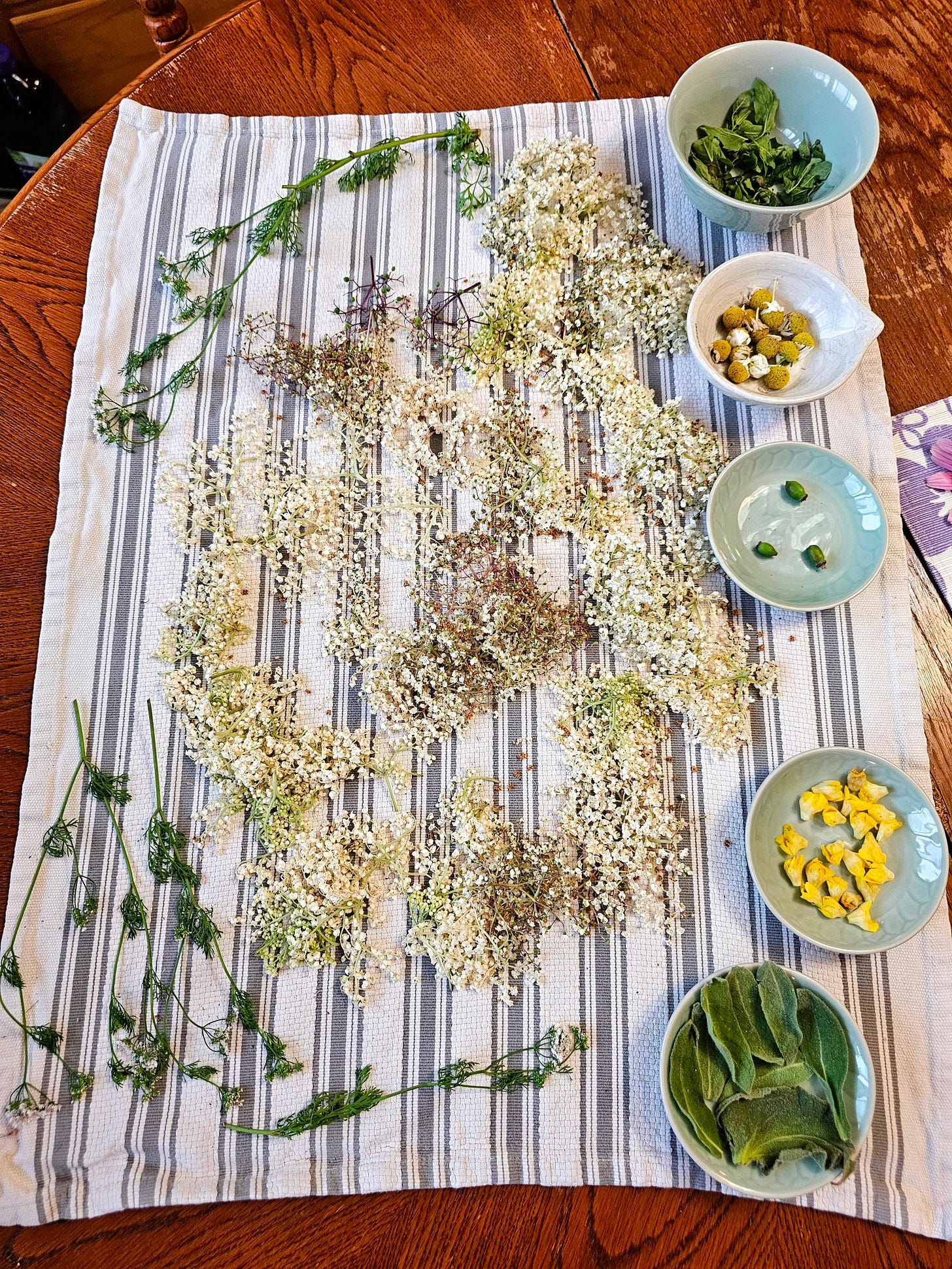
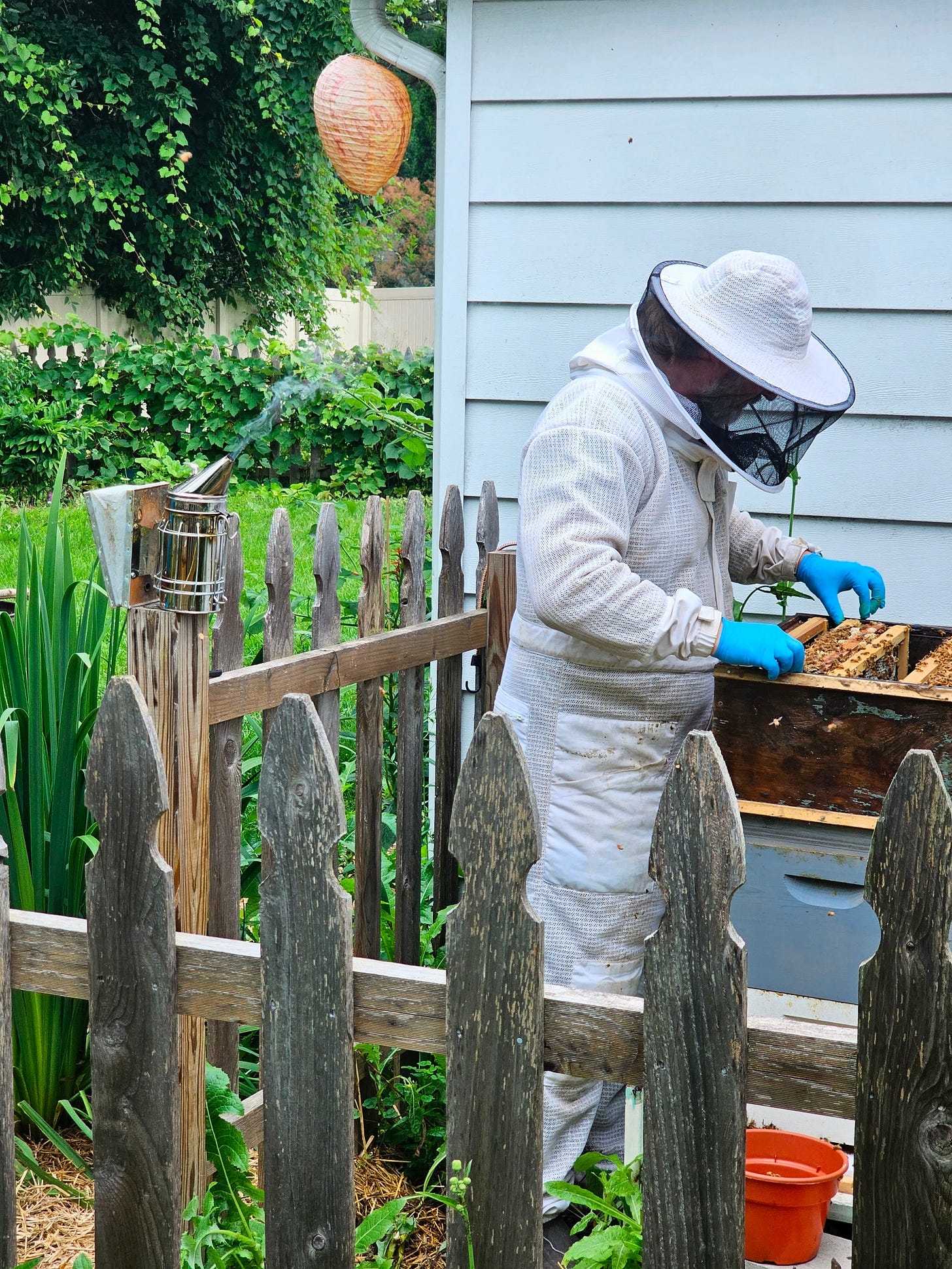
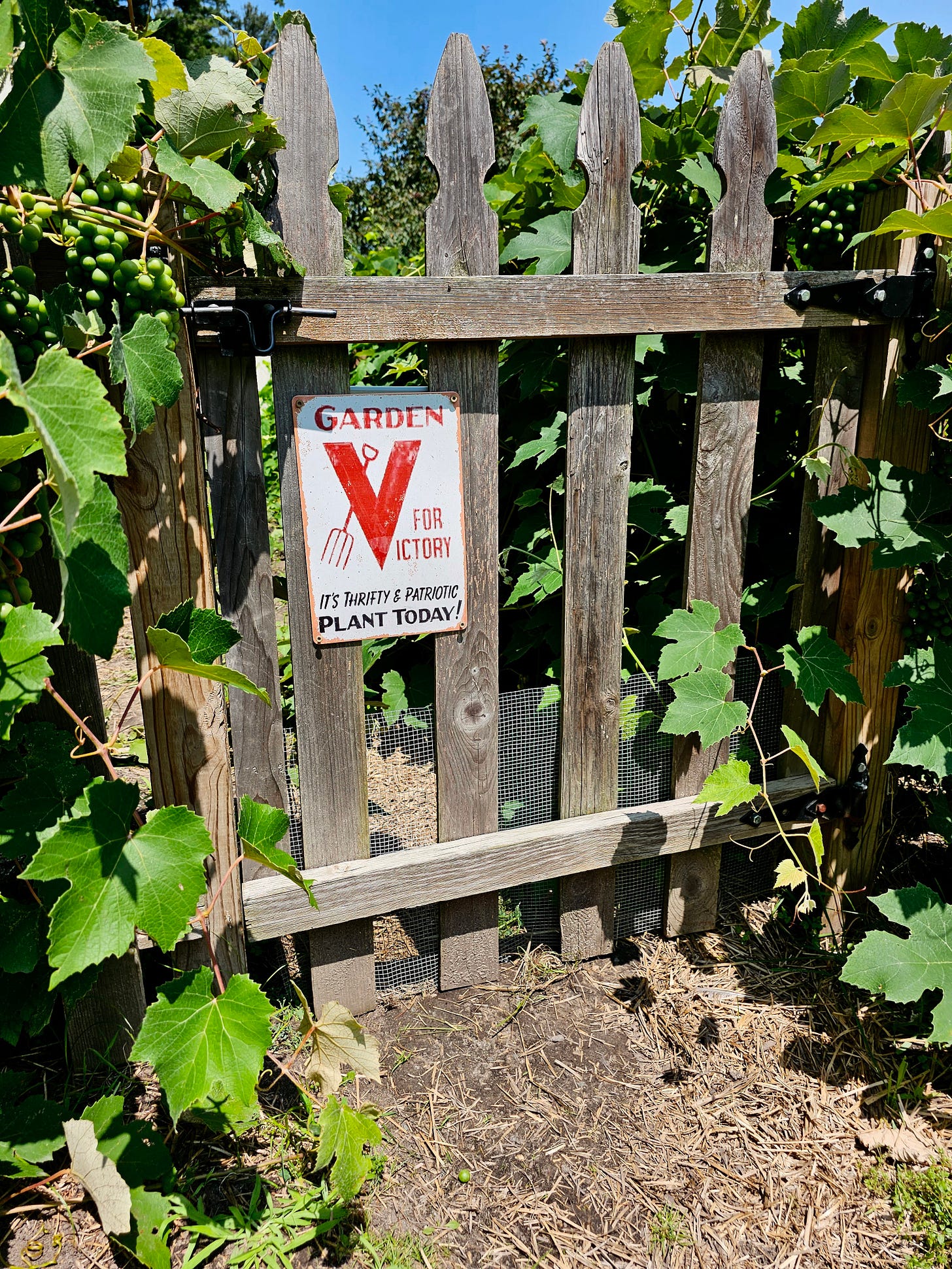
How is your August garden? Is this the Month of Weeds for you? Do you forage or cultivate plants that are considered weeds by most? Do you think history repeats or do you prefer a linear view of the future? Do you feel like you fit within your assigned generation? Have you ever felt you were born in the wrong time? And— be honest now— did you ever have a crush on Vanna White?
Happy weeding!
—Erin, in Michigan





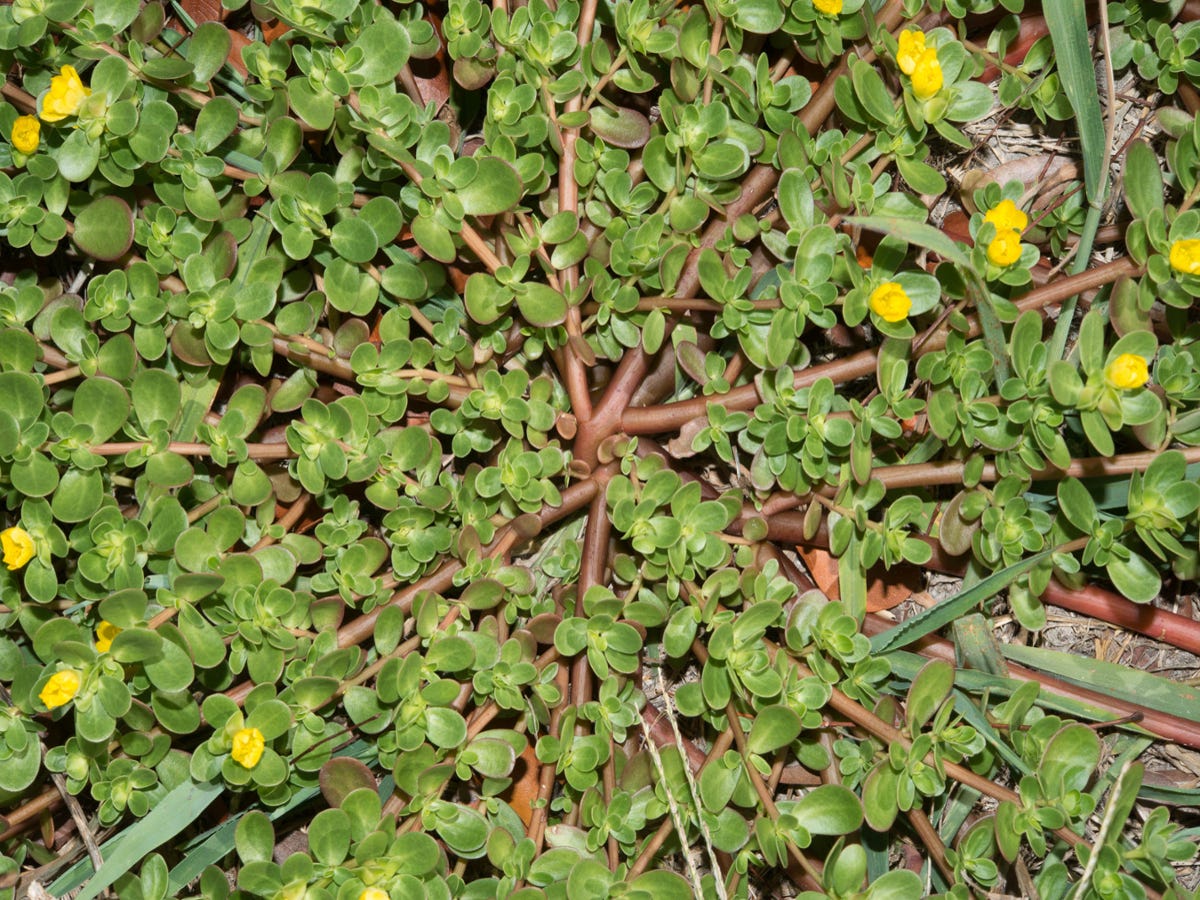
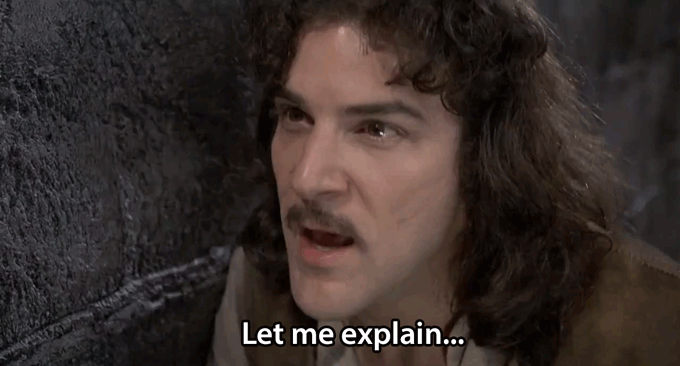

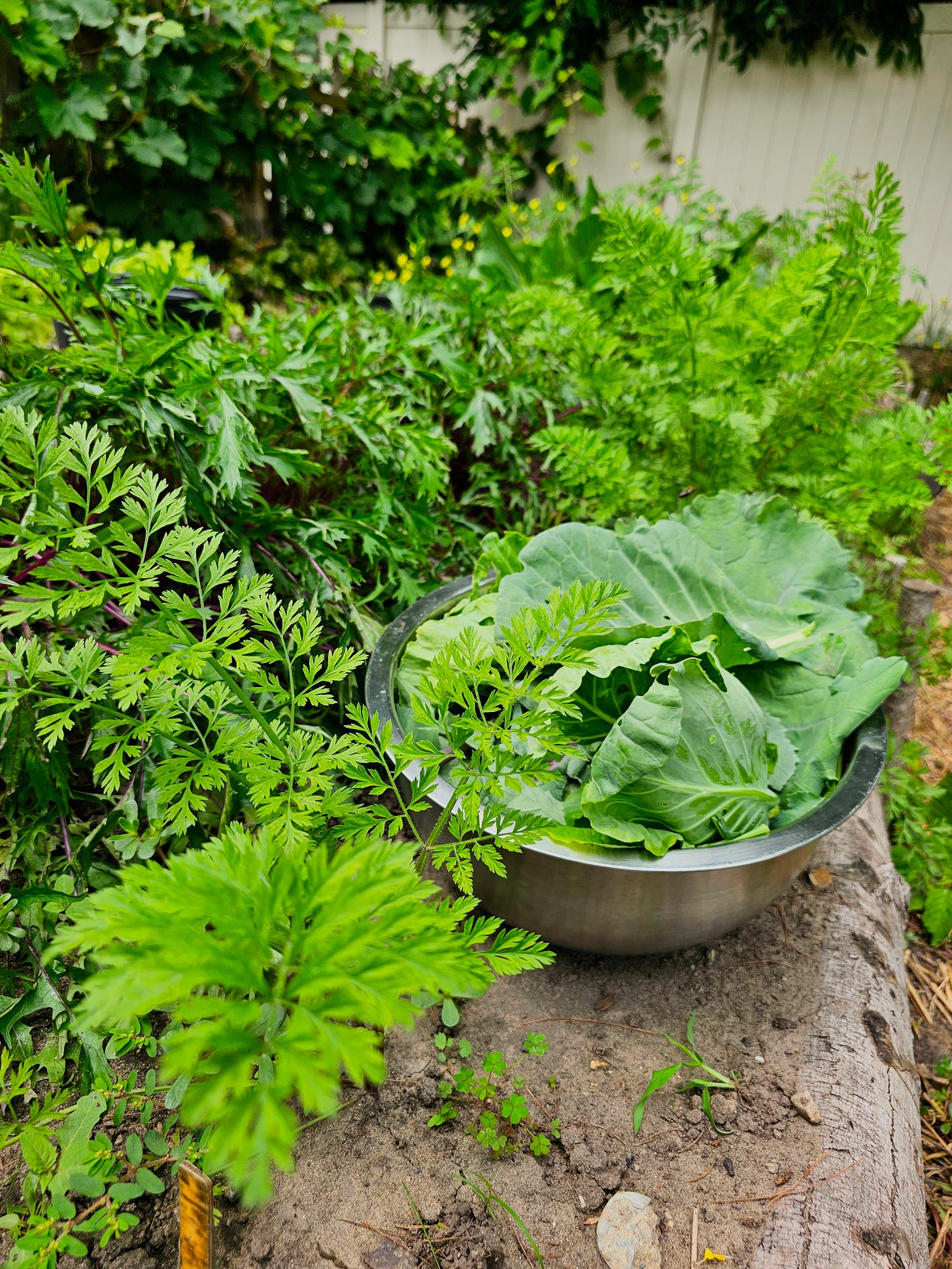
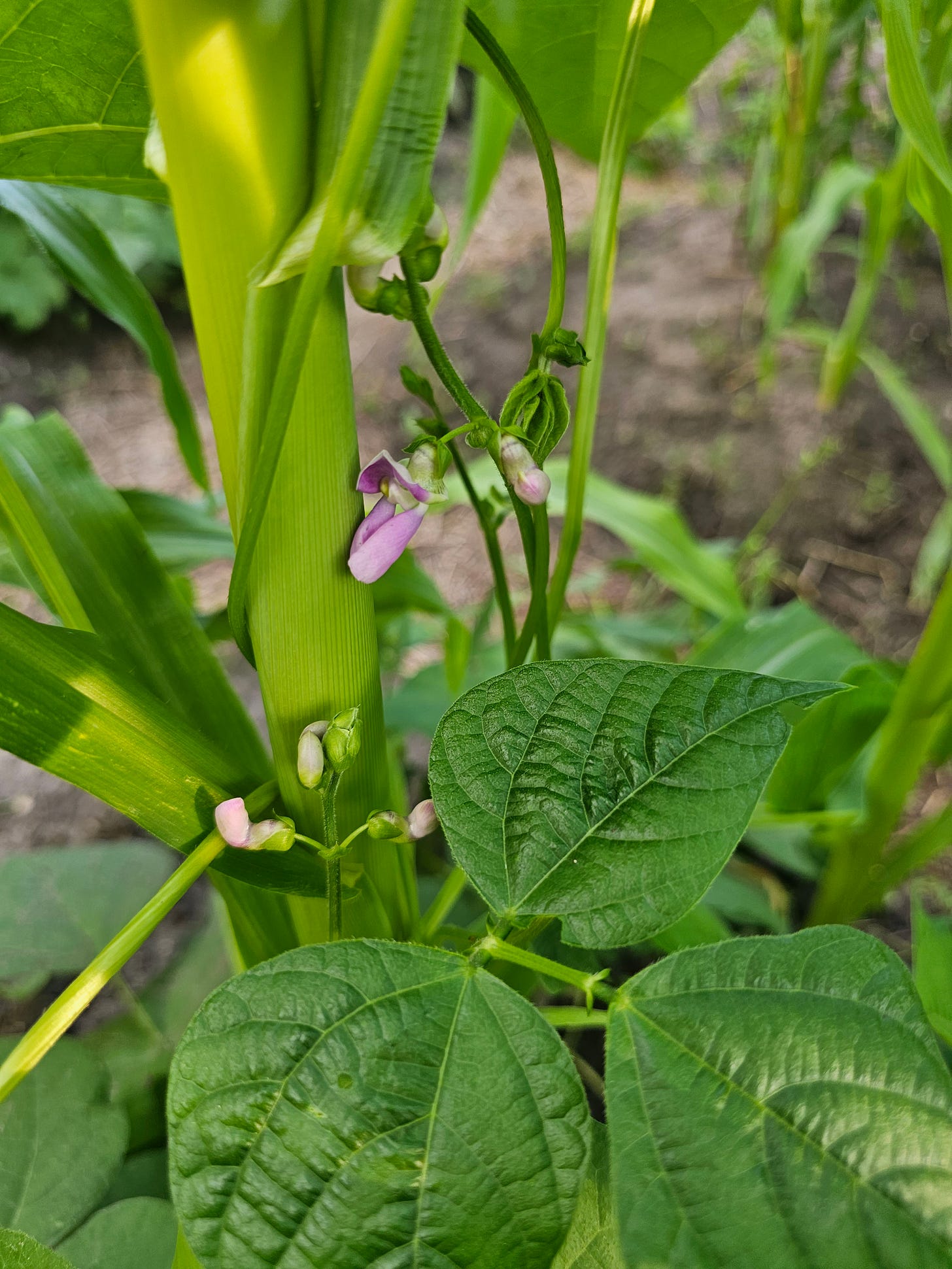
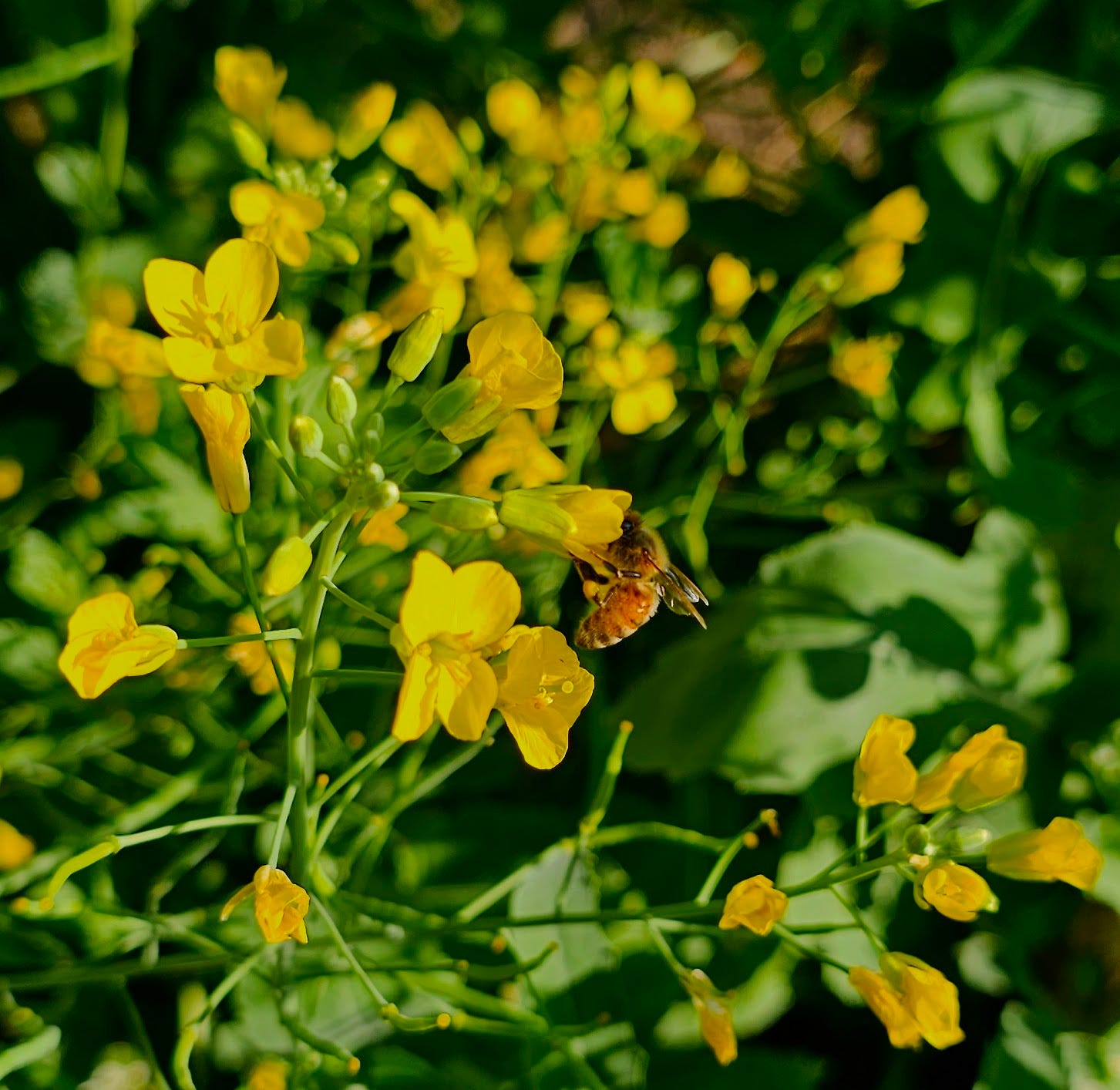
Cycle of time,earthly struggles,too many weeds…
Let me explain…Let me sum it up!
Purslane is a weed that is everywhere in my yard,easy to pull up,glad to know actual name…I am not going to eat it!
Life is difficult sometimes! I have lots of experiences in cycles of time : child growing up on a farm,a young adult,going to college,marriage at an early age, having children,divorce,grandchildren,
great-grandchildren, getting old.
And then you “Plant your garden and decorate your own soul!”
Always blessings and joy in our cycles of life!
I have more flowers than weeds in my garden. I love flowers!
I love this title, it is extremely relatable! And thanks for the book recommendation, it sounds like the cultural version of a book I've recently enjoyed (and also baked my brain) that was about economic cycles - "Principles for Dealing with the Changing World Order" by Ray Dalio. I so enjoy stumbling upon book recommendations I've never heard of!